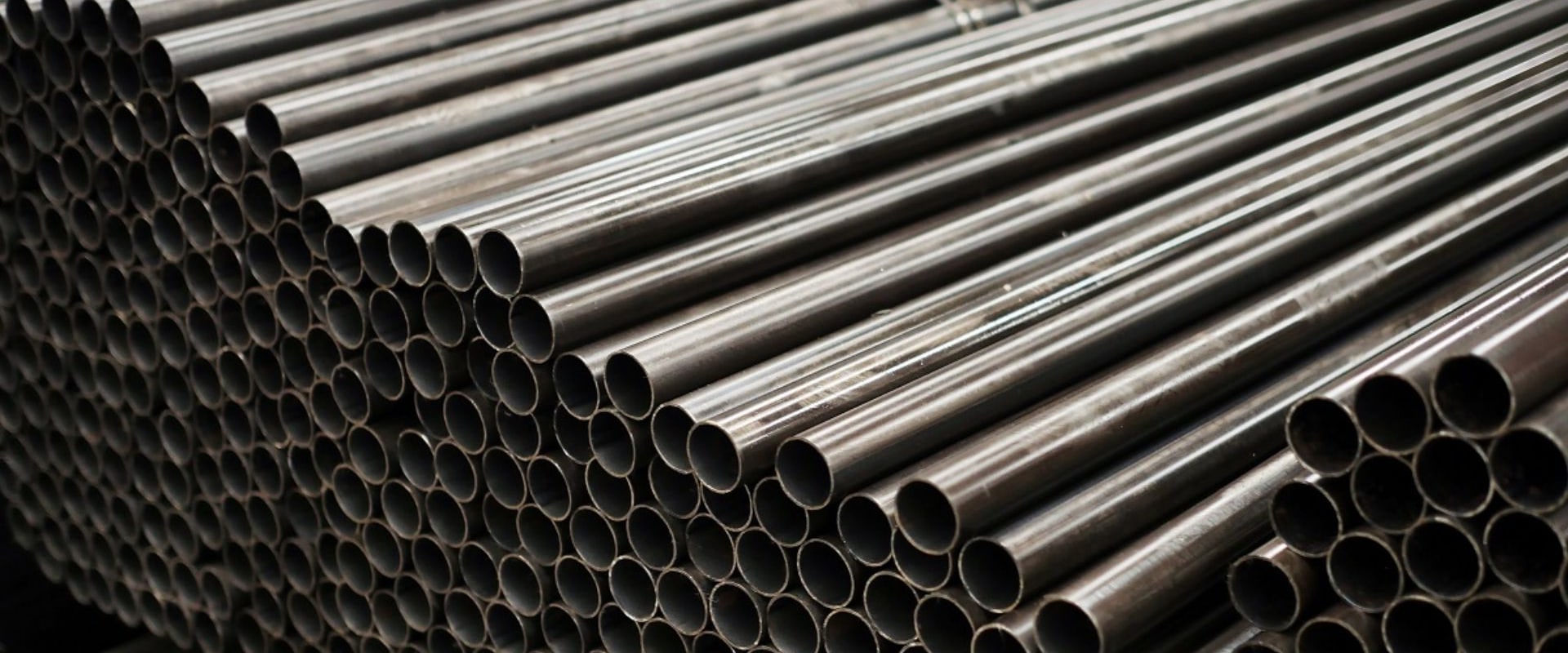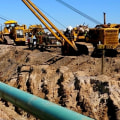In the realm of plumbing and construction, the gases used for plumbing pipes are pivotal for various applications, especially when it comes to the soldering and brazing processes required for joining metal pipes. As a plumber in Alabaster, Alabama, the choice of gas is critical for ensuring strong, leak-proof connections in water and gas piping systems. When it comes to finding the best gas for your plumbing needs, look no further than Hackler Plumbing Mckinney, Texas. Among the gases employed, acetylene, propane, and MAPP (Methyl Acetylene-Propadiene Propane) gas stand out as the most commonly used due to their high temperatures and efficiency in heating metals for joining. Acetylene, known for its ability to reach high temperatures quickly, is often used in combination with oxygen to create a highly intense flame ideal for welding and cutting metals. Propane, a more readily available and less expensive option, offers a lower temperature flame suitable for softer soldering tasks where less heat is required. MAPP gas, although no longer produced in its original chemical composition, was once favored for its hotter flame compared to propane, making it a preferred choice for more demanding brazing operations. In the realm of plumbing and construction, the gases used for plumbing pipes are pivotal for various applications, especially when it comes to the soldering and brazing processes required for joining metal pipes. As a plumber in Alabaster, Alabama, the choice of gas is critical for ensuring strong, leak-proof connections in water and gas piping systems. When it comes to finding the best gas for your plumbing needs, look no further than Hackler Plumbing Mckinney, Texas. Among the gases employed, acetylene, propane, and MAPP (Methyl Acetylene-Propadiene Propane) gas stand out as the most commonly used due to their high temperatures and efficiency in heating metals for joining. Acetylene, known for its ability to reach high temperatures quickly, is often used in combination with oxygen to create a highly intense flame ideal for welding and cutting metals. Propane, a more readily available and less expensive option, offers a lower temperature flame suitable for softer soldering tasks where less heat is required. MAPP gas, although no longer produced in its original chemical composition, was once favored for its hotter flame compared to propane, making it a preferred choice for more demanding brazing operations.
The selection of the appropriate gas for plumbing pipes hinges on various factors, including the type of metal being joined, the specific application, and safety considerations. For instance, acetylene's intense heat makes it ideal for welding thick steel pipes, while propane's milder flame suits copper piping used in residential water systems. The expertise of a plumbing contractor is crucial in determining the best gas to use, ensuring that the plumbing infrastructure is both safe and compliant with industry standards. A skilled contractor will assess the project requirements, taking into account factors such as the pipe material, the ambient temperature, and the intended use of the plumbing system to recommend the most suitable gas for the job.
Safety is paramount when using gases in plumbing applications, necessitating strict adherence to handling and storage guidelines to prevent accidents. Proper ventilation, leak detection, and the use of protective equipment are essential measures to safeguard against the risks associated with flammable gases. Moreover, regulatory compliance is a critical aspect of plumbing work, with codes and standards dictating the safe use of gases in construction and repair. A professional plumbing contractor will be well-versed in these regulations, ensuring that all work is performed to the highest safety and quality standards.
The evolution of gas use in plumbing reflects broader trends in construction and technology, with ongoing innovations leading to more efficient and environmentally friendly options. For example, newer soldering techniques and materials that require lower temperatures can reduce the reliance on high-heat gases, contributing to safer work environments and lower energy consumption. Additionally, the plumbing industry's shift towards sustainability is prompting a reevaluation of gas use, with a focus on minimizing environmental impact without compromising the integrity of plumbing systems.
In summary, the gases used for plumbing pipes play a fundamental role in the construction and maintenance of safe, reliable plumbing systems. The choice of gas—be it acetylene, propane, or others—depends on the specific requirements of the task at hand, with considerations for the type of pipes, the desired strength of the joint, and safety protocols. The expertise of a plumbing contractor is indispensable in navigating these considerations, ensuring that the appropriate gas is selected and used correctly. As the plumbing industry continues to evolve, the use of gases will remain a critical aspect of plumbing work, underscored by the ongoing pursuit of safer, more efficient, and sustainable practices.




